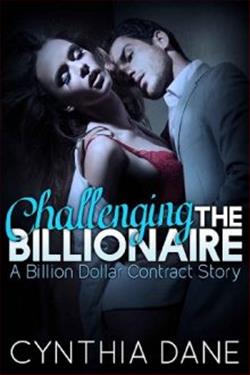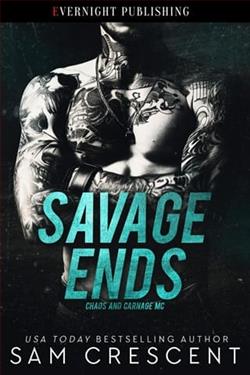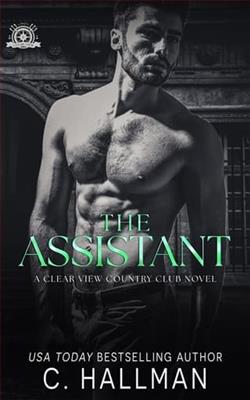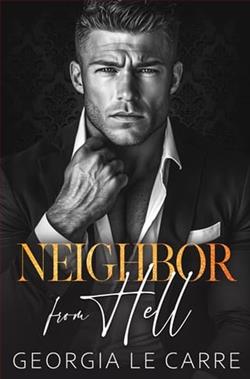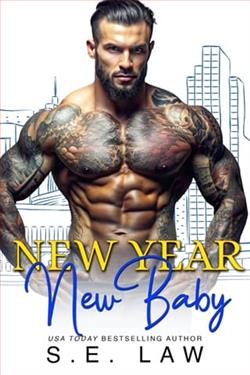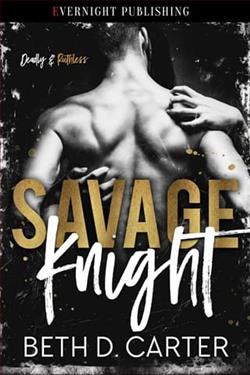Page 53 of Book People
‘But you got a job in publishing first?’ I ask.
‘Yeah. Mum lived paycheque to paycheque, and she didn’t like owning things or having “stuff”. She was kind of a free spirit, which is fine when you don’t have kids. But when you do . . .’
I don’t miss the bitter note in her voice. ‘Was your childhood difficult?’
‘In some ways. I was alone a lot, and moving around constantly was tough. But I did love the bookshops and libraries I went to. Anyway, I wanted something more stable and secure for myself, so I went to uni, then finally managed to get an editorial assistant job at a publishing house.’
‘Did you like it?’
‘I did.’ She smiles at what is obviously a pleasant memory. ‘It was great. But . . .’
She’s reeling me in with these little glimpses into her past, and I’m helpless to resist. I want to know. I want to know everything. ‘But?’ I prompt.
Her smile vanishes, the sun going down. ‘But then Mum died, and a couple of years after that, my relationship broke up, and then I didn’t want to be in London.’
‘And so you came here.’
‘And so I came here,’ she echoes. ‘It took me a while to decide what I wanted to do with the property, but once I realised I wanted to get away from the big city, it seemed like fate was trying to tell me something. Then I got here and took one look at the building and it just . . . was a bookshop to me. That’s how it started.’
I can’t help staring at her. She has lost a lot and that must have been difficult. Her mother, her relationship, her job. Her life in London. It takes strength and resilience to come back from that, to create a new life in a different place, yet that’s exactly what she’s done.
She is remarkable.
‘That must have been very hard,’ I say, my fingertips brushing her cheek.
She turns her face against my hand, her eyelashes lowering, veiling her gaze. ‘It was. I loved the job, but Mum got sick very suddenly. She hadn’t told me about the cancer, so that was a shock. She only lasted a couple of months, which was a blessing, really. I hated to see her in pain.’
I know that thought. I know it intimately. My father kept most of my own mother’s last weeks from me, but even as a kid I knew that lingering on, in pain, was in no one’s best interests.
I stroke her skin, the weight of everything that I want to say all at once too much for me. Words aren’t enough, sometimes.
‘I am very sorry about your mother,’ I say at last, the emptiest of empty statements. ‘Cancer is a terrible disease.’
‘It is. Sometimes, though, you have to take what you can from an awful situation. You know, find the silver lining. And I suppose my silver lining was realising that, if I didn’t open my own bookshop now, I never would. I needed to come back to my roots, too, even though I knew nothing about those roots.’ She fixes me with a direct look all at once. ‘I think I want to find out. Those letters of your great-grandfather’s make me want to know more about my own family.’ A shadow flickers through her eyes. ‘Because, now, I’m the only one left.’
The Blackwoods have always been here in Wychtree and I have always known where I come from. Sometimes that’s a millstone and sometimes it’s reassuring. Either way, I can understand why she would want to know about her origins too.
‘I could help you,’ I say. ‘There are bound to be people around who knew your grandmother, and maybe even your mother, too. I don’t remember them, but someone else must do.’
Her smile this time makes my chest ache. ‘Would you?’
‘Yes, of course,’ I promise, even though there are doubts inside me at the wisdom of such a promise. ‘You helped me with Lisa Underwood, so it’s the least I can do.’
‘We don’t know if she’s coming yet, though.’
‘No, that’s true.’ She’s too far away, I realise, and I want her nearer. I reach out and pull her close, the warmth of her naked body sliding over mine making me instantly hard. ‘I’ll help you regardless.’
She folds her hands on my chest. ‘Thank you,’ she says. ‘You’re not half bad, really, are you?’
I sift my fingers through her hair. It feels like raw silk. ‘I can be all bad if you prefer.’
‘You know I do.’ She studies me as if she’s looking for something, but I can’t tell what it is. ‘What about you? Tell me about the Blackwoods.’
I’m relaxed and the uncoiling desire inside me is lazy, and with the softness of her hair between my fingers, I don’t mind telling her. ‘Not much to say. My great-grandfather, as you know, was a bookseller. He married after coming back from the war and they had my grandfather. His wife left him when my grandfather was little so he had to bring him up by himself. He died when my grandfather was eighteen.’
‘He died young, then.’
‘Comparatively, yes. It’s thought that he drowned. His clothes were discovered on the riverbank near Wychtree, but his body was never found. My grandfather once said that he drowned himself because he never got over my great-grandmother leaving, but now . . . I’m not so sure.’








